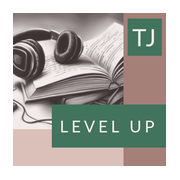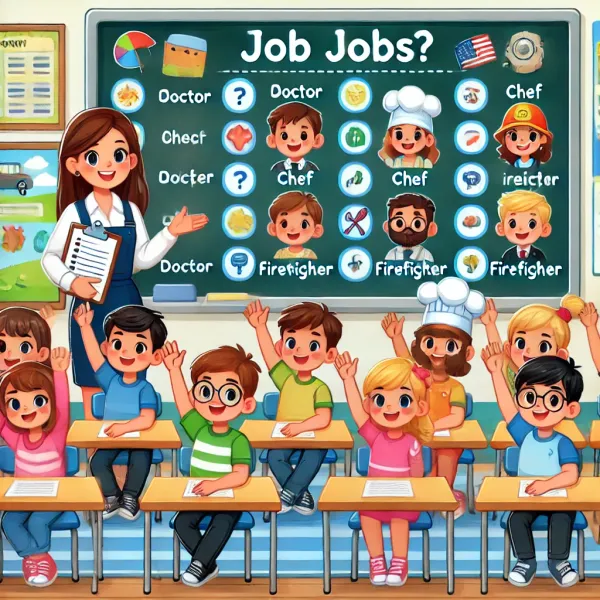The Intermediate Plateau

The intermediate plateau in language learning is a period of time when learners experience a perceived slowdown in their progress. This typically happens when learners have reached a level where they can communicate effectively in basic situations, but still make frequent mistakes and struggle to understand more complex language.
There are a number of reasons why learners may experience an intermediate plateau. One reason is that the language learning process becomes more challenging at this level. Learners need to expand their vocabulary, learn more complex grammar structures, and develop their listening and speaking skills. This can be a daunting task, and it is easy to feel overwhelmed.
Another reason for the intermediate plateau is that learners may start to lose motivation. This can happen because they are no longer making the same rapid progress as they were when they first started learning the language. They may also feel frustrated with their mistakes, or they may simply lose interest in the language.
Whatever the reason, the intermediate plateau is a normal part of the language learning process. It is important to remember that everyone experiences it at some point. The key is to not give up. Here are a few tips for overcoming the intermediate plateau:
Set realistic goals.
Don't expect to become fluent overnight. Instead, set small, achievable goals for yourself, such as learning a certain number of new words each week or being able to have a basic conversation on a specific topic.
Find a language partner or tutor.
Practicing with a native speaker or experienced learner is a great way to improve your speaking and listening skills. You can also get feedback on your grammar and pronunciation.
Consume native-level content.
Watching movies and TV shows, listening to music, and reading books and articles in your target language can help you to immerse yourself in the language and learn new vocabulary and grammar structures.
Don't be afraid to make mistakes.
Everyone makes mistakes when they are learning a new language. It is important to not let this discourage you. Instead, learn from your mistakes and keep practicing.
Remember, the intermediate plateau is just a temporary setback. With continued effort, you will eventually overcome it and reach your language learning goals.
Questions
Multiple Choice:
- Which of the following is NOT a reason why learners may experience an intermediate plateau?
A. The language learning process becomes more challenging at this level.
B. Learners lose motivation.
C. Learners have reached a level where they are fluent in the language.
D. Learners make frequent mistakes and struggle to understand more complex language.
2. Which of the following is a good tip for overcoming the intermediate plateau?
A. Set unrealistic goals.
B. Avoid practicing with native speakers.
C. Don't be afraid to make mistakes.
D. Stop consuming native-level content.
Short answer:
- What are some of the challenges that learners face at the intermediate level?
- Why is it important to set realistic goals when learning a language?
- What are some benefits of practicing with a native speaker or tutor?
- What are some ways to immerse yourself in the language and learn new vocabulary and grammar structures?
Get free line-by-line translations, play a matching game, and earn listening points by clicking the link below.

Learn More



